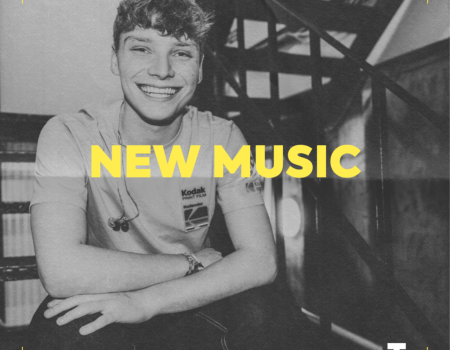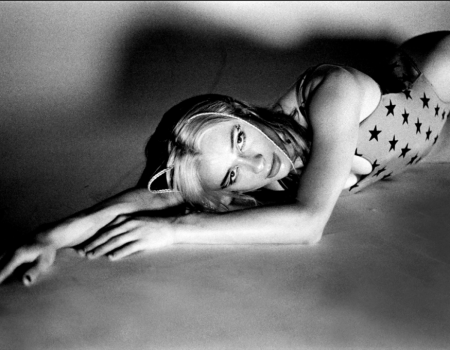HAILED as a musical prodigy from the moment he burst onto the scene at the age of 16 with his hugely popular debut single ‘Brazil’, Declan McKenna is undoubtedly one of the most sought-after new artists to emerge from the UK in recent times. Burdened with lofty titles such as ‘the voice of a generation’, the young songwriter has accomplished an impressive amount in his short career so far: he won Glastonbury’s Emerging Talent competition in 2015, went viral online with a song that criticised FIFA President Sepp Blatter, got signed by Columbia Records, appeared on the BBC Sound of 2017 list and secured a series of support slots with some of the UK’s hottest acts.
Now boasting a sizeable army of fans who follow his every move, it’s safe to say that McKenna has been charged with releasing one of the most highly anticipated debut records of the year in What Do You Think About The Car? What he has delivered are 11 hook-laden, ambitious tracks which bristle with youthful exuberance and social awareness. There’s nothing new or innovative here; however, McKenna’s appeal lies in his ability to pair deeply thought-provoking and socially conscious lyrics with catchy pop tunes. He channels his innermost feelings through an indie-pop template that feels all too familiar; but with the help of producer James Ford, he has been able to create a powerfully charged pop album that oozes personality and effectively captures his buoyant onstage persona.
Renowned for tackling big political and social issues through his songwriting, McKenna fills the record with issues that many established musicians would shy away from. The Jamie T-esque ‘Paracetamol’ touches on the suicide of US transgender teenager Leelah Alacorn and the media’s portrayal of LGBT communities, the brilliantly jaunty and infectious ‘Brazil‘ takes aim at the corrupt leaders at FIFA, ‘Isombard’ considers police brutality and xenophobia while the socially aware ‘Bethlehem‘ takes aim at those who use religion to justify hate crime. Without being preachy or pontifical, each track is crowned with the kind of singalong chorus that displays his ambition to create purposeful pop without pretence.
Naturally some moments work better than others with some filler tracks making their way to the surface; however opening number ‘Humongous’ is perhaps the most impressive offering on show. Said to be one of the last songs written for the record, it indicates an exciting direction for the musician if its deeply textured and detailed arrangement is anything to go by. Sitting at over five minutes in length, it is quite literally a humongous start to the album; opening subtly with acoustic strums before a flourish of vibrant synth lines, jerky beats and staccato rhythms ensure it goes out in dynamic fashion.
Far from tentative in his opening, the early tracks on the album prove be the most memorable with ‘Make Me Your Queen’ and ‘The Kids Don’t Wanna Come Home’ also providing highlights. The former finds McKenna reflecting on an unrequited love with delicacy and wisdom beyond his years; a glimmer of synths adding texture to his gentle acoustic melodies. Meanwhile, ‘The Kids Don’t Wanna Come Home’ is arguably McKenna’s anthem for the ages. Inspired by the tragic events in Paris in November 2015, the singer channels the alienation, fear and frustration felt by today’s youth over four foot-stomping minutes of anthemic indie-rock. However, breaking through its uplifting chorus and poppy sheen, there lies a glimmer of hope for the future.
What Do You Think About The Car? is a strong and self-assured debut from Declan McKenna which looks likely to catapult him onto the mainstream success he has been promising for some time. Confident without being cocky, it’s an album that will strike a chord with the young indie fans of today who will form a strong connection with his precocious views on the world. Those expecting a record full of vacuous indie pop will therefore be surprised as McKenna is able to match his fizzing guitar tunes with some pretty serious lyricism; and that’s what stands him apart from his contemporaries.











